IGNORED
Ball in play, wrong-place
Note: This thread is 3533 days old. We appreciate that you found this thread instead of starting a new one, but if you plan to post here please make sure it's still relevant. If not, please start a new topic. Thank you!
-
Topics Being Discussed Right Now on The Sand Trap
-
How to Remove Verdigris From Black Burner 2.0 Irons....
By true0gre, in Clubs, Grips, Shafts, Fitting
- 3 replies
- 190 views
-
- 1,207 replies
- 157,366 views
-
- 35 replies
- 3,090 views
-
- 6,568 replies
- 253,073 views
-
- 60 replies
- 4,237 views
-

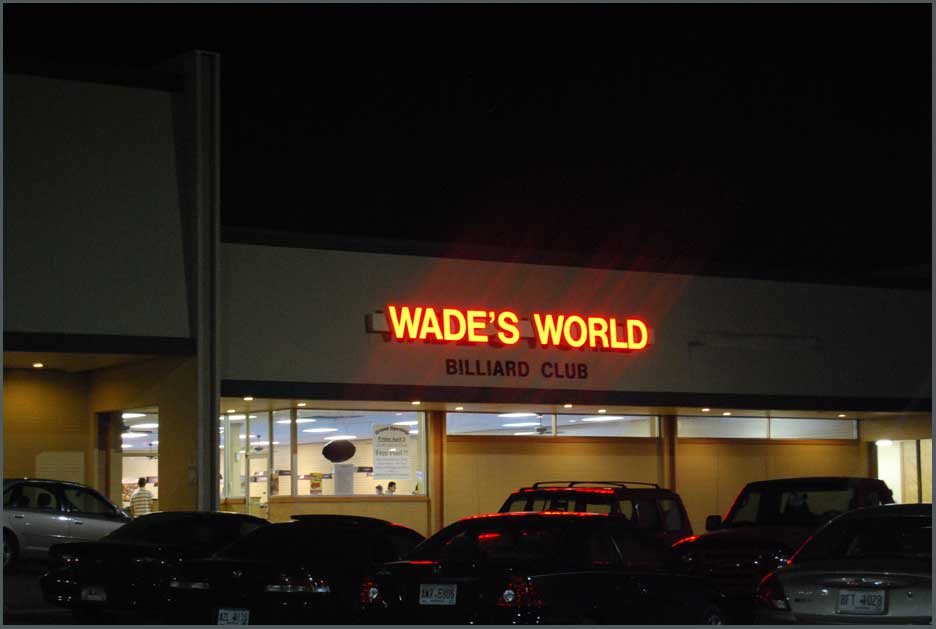
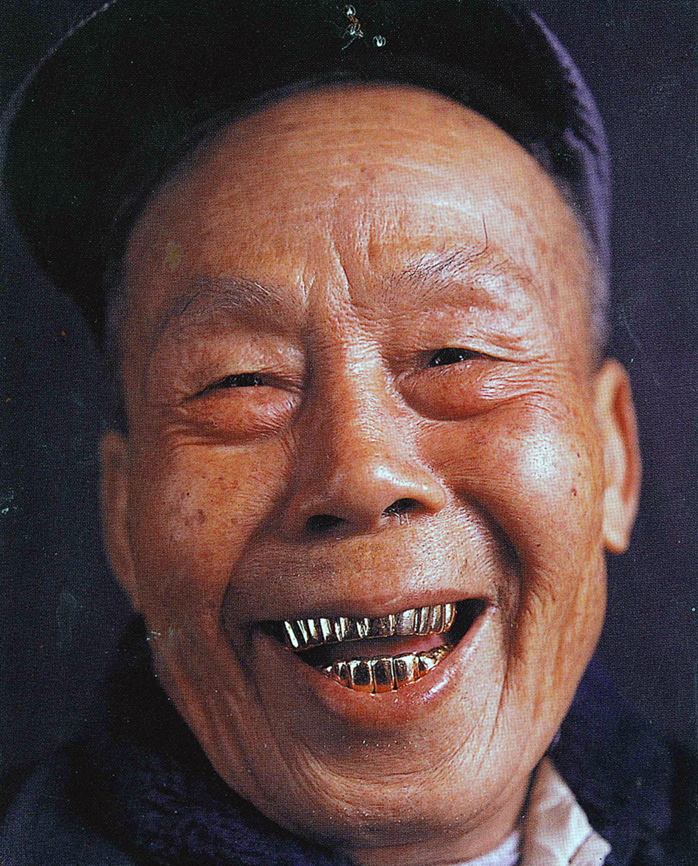
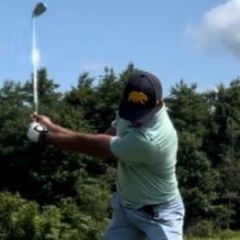
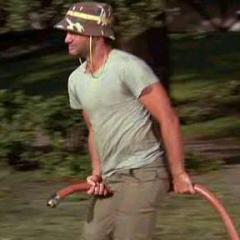
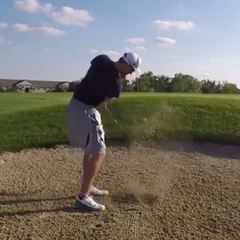

Recommended Posts
Create an account or sign in to comment
You need to be a member in order to leave a comment
Create an account
Sign up for a new account in our community. It's easy!
Register a new accountSign in
Already have an account? Sign in here.
Sign In Now